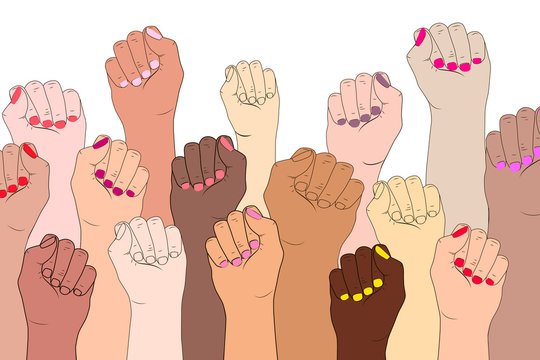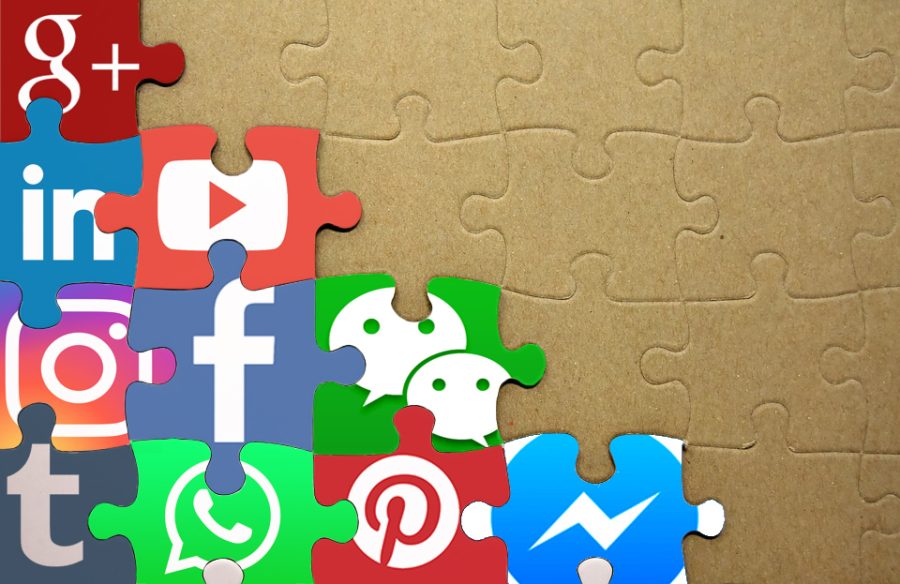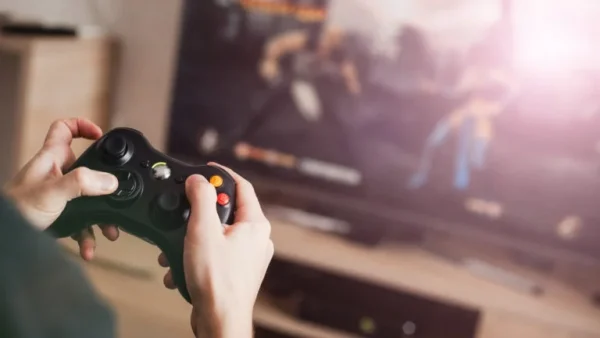The Social Generation
Gen Z is known for their social media fixation. Is it even a fixation anymore, or is it just simply the way life is lived? Spending 2-6 hours on social media everyday shows how it has grown not just into an obsession for the rising generations, but a lifestyle. Growing up with phones, tablets, computers, and social media proves to be detrimental to our future generations and the standards around them.
The term Gen Z refers to any person who was born between the years 1997 and 2012. The oldest member in that generation would now be 24 and the youngest would be 9. This generation is beginning to come of age and reaching adulthood, meaning that they are beginning to take over the important roles in our society. Our country is now relying on Gen Z’s upbringing.
Everyone looks at Generation Z and sees the need for technology, specifically social media. We will fail without technology, with their phones, without the constant connection to everything that is happening around us. Even universities are following this stereotype, now modeling their classes, schedules, and ways of admission to fit these so-called “needs.” Gen Z gets information from their social platforms and colleges take this to their advantage, reaching out through ways that most kids will see.
Cody Babineaux, a member of Gen Z featured in the New York Times article titled The iGen Shift: Colleges are Changing to Reach the Next Generation, thinks that people have a very negative connotation about the generation always being on their phones, yet he thinks that “we just have connection with everyone all the time,” instead of being completely disconnected from the world. Babineaux sees social media as a true positive advancement in our society.
I disagree.
I think that being connected to our phones all the time gathering information from the world around us will be our generation’s downfall. Kids do not realize what vital skills they are missing out on when they spend hours scrolling through Tik Tok or having all their conversations through the phone. Communication skills are lacking. I see first hand how kids struggle to have serious conversations with each other in person and rely on the screen to separate them from whoever they are talking to.
Many students have stated that they want to delete the app, yet they are worried about missing out on important things. Senior Megan Baker expresses how her draw to social media is geographically driven. “It provides entertainment,” she says, “which doesn’t happen in our small town.”
Not only is social media used for entertainment, but it also serves as a main source of communication for teenagers. Most feel that they don’t have the “self control” to stay away from social media because of how built into their lives it is.
How far will social media go? Will this stay in our lives forever or will it be phased out?
As the first generation to grow up with social media, members of Gen Z are the guinea pigs. No one knows if it will stop or even how it will stop. No one knows if it will continue to branch out into even more platforms, or shrink down into a smaller size. Knowing how many issues social media has caused seems to be something that would lessen its participants, yet it’s is the addiction that no one can escape.
“If I really wanted to and felt the need to get rid of social media I would,” says Baker. “But I just don’t feel the need.”

Abigail is a senior writer for the Station. She is the president of Spanish National Honor Society and participates in other clubs such as Interact and...












































Kyri Hammers • Nov 5, 2021 at 8:40 am
Best writer everrrr